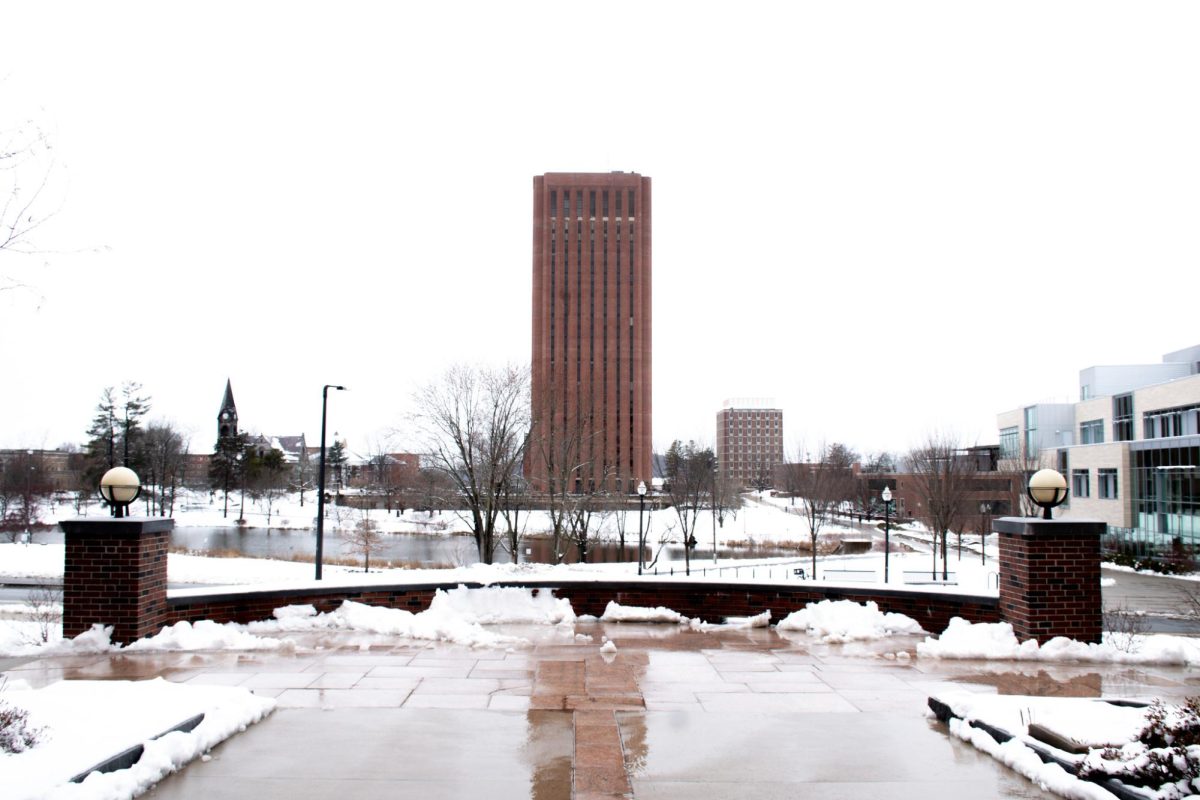WASHINGTON (AP) – More timber and brush can be cut and cleared with less environmental scrutiny under a “Healthy Forests” law President Bush signed yesterday. He said it will help protect communities from devastating wildfires.
“This law will not prevent every fire, but it is an important step forward, a vital step to make sure we do our duty to protect our nation’s forests,” Bush said while standing in front of rows of wildland firefighters. “We’ll help save lives and property and we’ll help protect our forests from sudden and needless destruction,” he said.
The Healthy Forests Restoration Act signed by the president is the first major forest management legislation in a quarter-century. It seeks to speed up the harvesting of trees in overgrown woodlands and insect-infested trees on 20 million acres of federal forest land most at risk to wildfires.
It does that by scaling back required environmental studies, limiting appeals and directing judges to act quickly on legal challenges to logging plans.
Critics said the bill would let timber companies cut down large, old-growth trees in the name of fire prevention.
“There’s a real danger that the president’s pen might as well be a chain saw,” said Amy Mall, a forestry specialist with the Natural Resources Defense Council.
Rep. Scott McInnis, R-Colo., sponsor of the legislation, said those complaints are from groups out of touch with the mainstream.
“Of course when you thin out forests you’re going to have logging. You’re going to have to,” he said. “But people want these forests managed. People want the science used.”
Legislation aimed at speeding decisions on where to allow timbering in national forests was bogged down in Congress for three years – until California blazes whipped by Santa Ana winds burned 750,000 acres, destroyed 3,640 homes and forced a compromise.
Sen. Ron Wyden, D-Ore., said language added to Bush’s initial proposal will protect old-growth and large-diameter trees.
“The signing of this forest bill into law shows what can be accomplished when all sides are willing to put aside partisanship and do what is best for communities threatened by deadly and destructive wildfires,” he said. “This new law protects old growth forests while providing substantial support for hazardous fuels reduction.”
Even after the California fires, 2003 was a below-average fire year. So far, 3.8 million acres have burned. Twenty-eight firefighters died battling the blazes, according to the Wildland Firefighter Foundation. In 2002, nearly seven million acres were charred.
The Bush administration estimates that 190 million acres are at heightened risk for a severe wildfire – an area the size of Idaho, Montana and Wyoming combined.
Mike Dombeck, Forest Service chief during President Clinton’s second term, said Congress should have demanded stronger protections for old-growth trees and roadless areas. Nonetheless, he called the new law “a step in the right direction.”
“We need to completely rethink our approach to fire and our human interaction with fire and the wildland urban interface. It’s obvious where we’ve been is not working,” said Dombeck, now a forestry professor at the University of Wisconsin at Stevens Point.
But Dombeck said none of the changes in the bill would have prevented the fires that tore through swaths of California, Arizona and Colorado over the past two years.
The measure authorizes Congress to dedicate $760 million a year for thinning projects. At least half of the money must be spent on projects near homes and communities.
Jay Watson, wildfire expert with The Wilderness Society, said important changes were included in the bipartisan compromise bill that added money for thinning and required half the funds be spent in forests near communities. How the law is implemented will determine if it is helpful to the forests or a payback to the timber companies, he said.
The Center for Responsive Politics said the timber industry has contributed $14.1 million to political campaigns since 1999, 80 percent of it to Republicans. Bush received $519,350 from the industry. It also has spent $23.8 million on lobbying efforts since 2000, according to figures compiled by Political Money Line.






